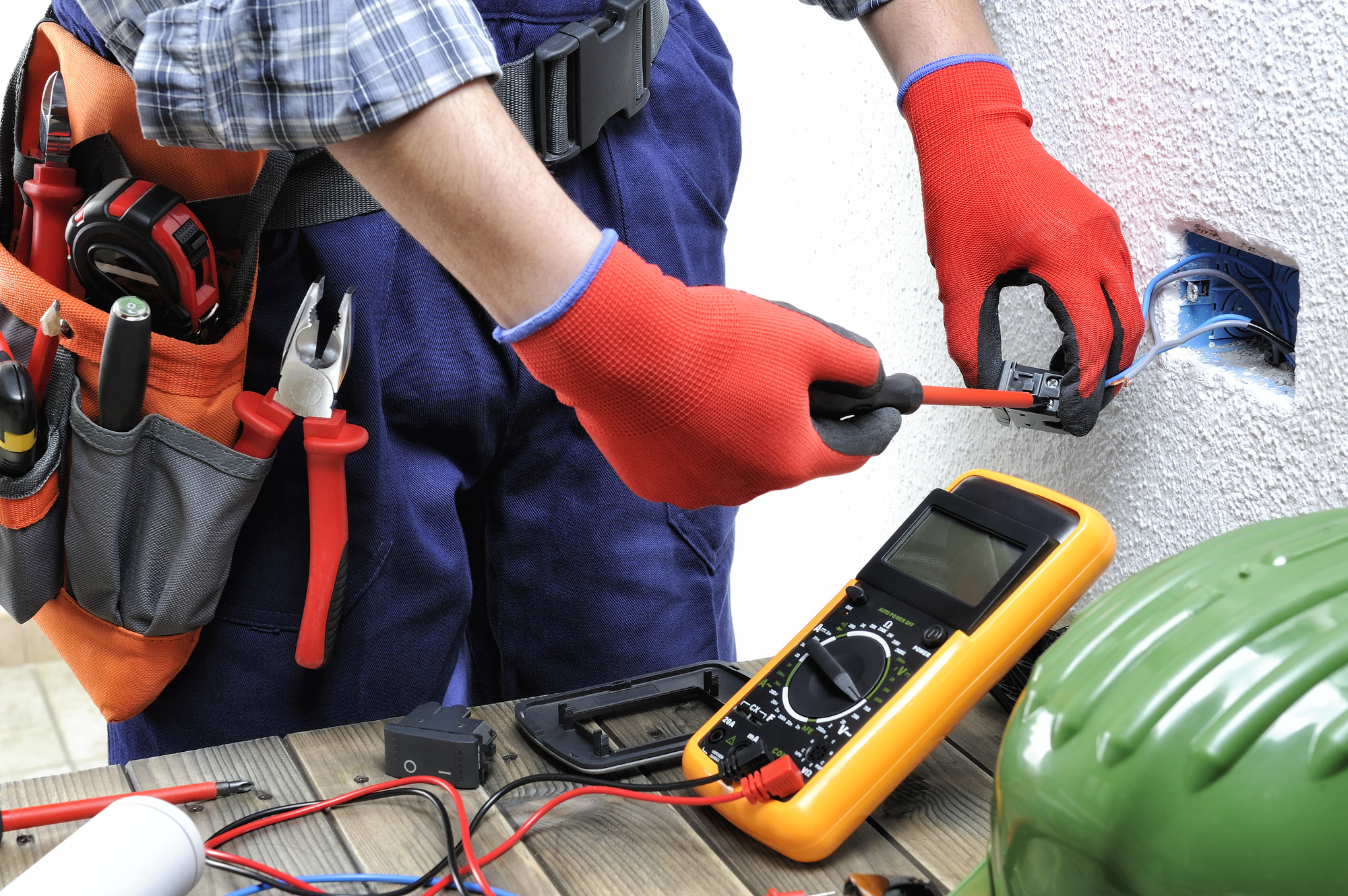84 percent of the world’s population consumes electricity.
As a homeowner, you use electricity to eat, bathe, entertain yourself, and live comfortably. But if your home has electrical issues, your safety — and your home — could be at risk.
While you can fix some of the more common issues you’re having, more often than not you’ll need an electrician. Here are five of the most common electrical problems homeowners see and what you can do about them.
1. Light Bulb Burn Out
Do you find yourself replacing light bulbs once a month or more often than you should? There are a few reasons this could be happening.
You may be using the wrong type of light bulb. Before you buy bulbs at the store, check to make sure you aren’t getting one whose wattage is too high for the socket in your home.
Behind the light, the insulation in the ceiling may be too close to the fixture and becoming too hot. Not only is this a fire hazard but could cause bad wiring issues, as well. Bad wiring and a poor connection are common reasons why your lights aren’t lasting long enough.
Because there are a handful of reasons behind this issue, it is best to contact an electrician who can narrow down the cause or give you advice about your wattage.
2. Dead Outlets
You plug in a device and get nothing. You try a different device, nothing. A dead outlet is one of the more common electrical problems at home.
Usually caused by bad wiring or a tripped connection, a dead outlet is more dangerous than you think. From melted wires to sparking, if you notice an outlet is not working, do not continue to plug things into it.
3. Circuit Overload
Find yourself with a flashlight, walking down into your dark, scary basement because your breaker keeps tripping?
The good news is, it’s likely an issue you can fix. The bad news? You may need to cut back on how many devices you plug in.
Most overloads come from having too many devices connected at once. Don’t have too many devices plugged in at once and don’t connect them all to one outlet. This will save you those trips to the basement to reset your breaker.
4. No On or Off Switch
Light switch not working? You’re gonna need a professional.
When your light switch stops working or never worked, to begin with, it could be:
- Bad dimmer device that needs to be replaced
- A removed fixture that is no longer there
- Outlet, circuit, or wiring issues
- Disconnected or remodeled area
Much like a bad light bulb connection, the list of reasons behind having no on or off switch should be narrowed down by a professional.
5. Power Surges
Home electrical problems are a nightmare for any homeowner but power surges and limited power is one of the worst.
An issue for older and newer homes, faulty devices are the general culprit. When a surge occurs, take note of which device or appliance starts. Try to narrow down which is causing it by unplugging each one and discontinuing use.
If the problem continues to occur after you go through each device, talk to your electric company or get in touch with your electrician.
What to Do About Electrical Issues
When you notice electrical issues around your home, it’s easy to grab the phone and call an electrician. While this is the best option if you’re dealing with major issues like a complete HVAC system failure, you can handle many minor issues on your own.
If you’re not comfortable around electrical systems and don’t want to handle anything yourself, at least try to troubleshoot the problem. The more you can pinpoint the issue, the cheaper it will be to fix.
For more consumer resources and home-owning tips, visit our archives here.

